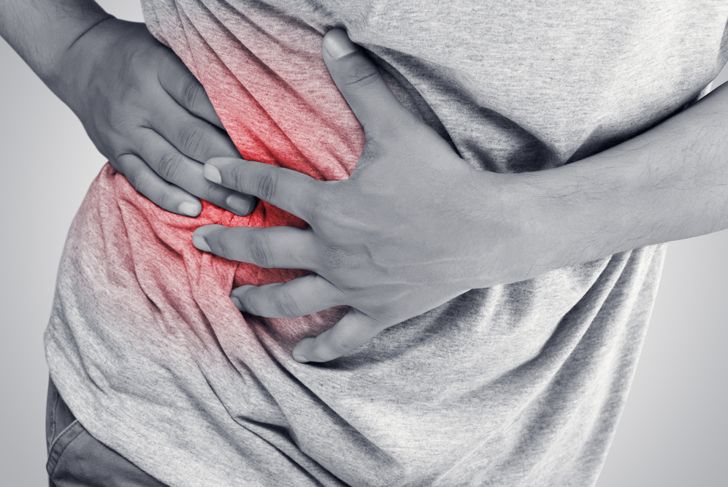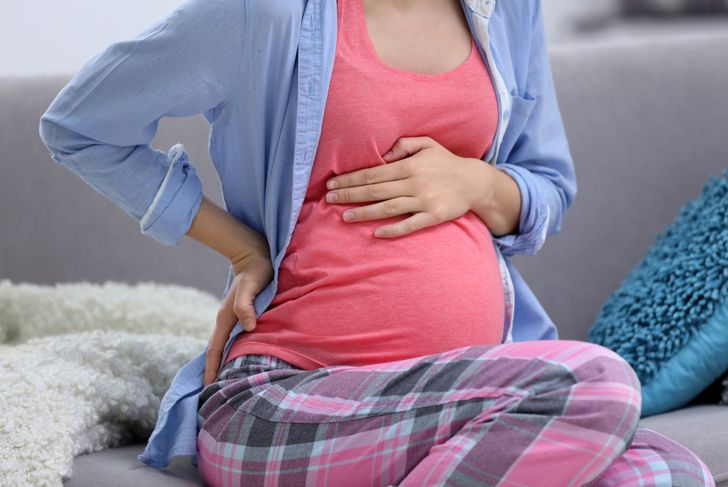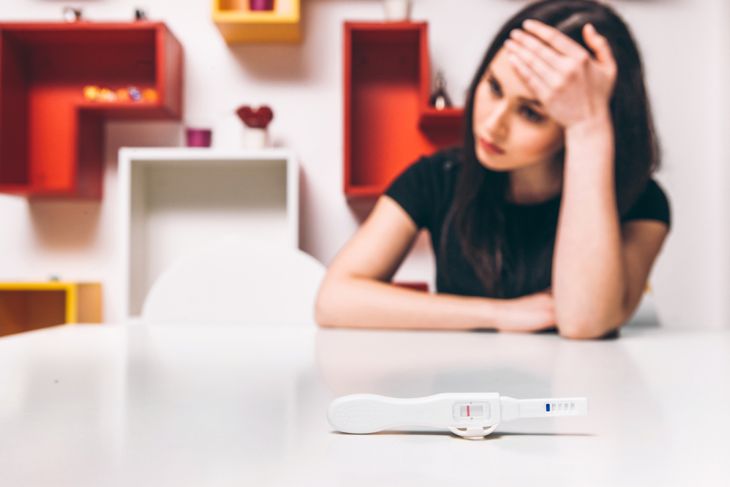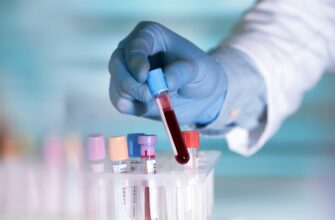Numerous environmental and biological circumstances can impact a developing fetus. A miscarriage or spontaneous abortion is the loss of a fetus during the first 20 weeks of pregnancy. Most miscarriages happen in the first seven weeks of pregnancy, however. The average rate of miscarriage varies from 10 to 25 percent. Women who have previously had a successful pregnancy have a much lower chance of miscarrying. Practices such as smoking, drinking alcohol, and drug use during pregnancy can harm a fetus and raise the risk of miscarriage or congenital disabilities.
Bleeding
Bleeding and pain similar to that felt during periods can signify that something is wrong. The presence of blood is the most basic symptom of a miscarriage, and it’s generally always present in such cases, no matter the cause. Spotting — small amounts of blood infrequently — also sometimes occurs during healthy pregnancies. The bleeding associated with miscarriage is generally heavy. However, it’s important to report any bleeding or spotting during pregnancy to your health care provider.
Extreme Pain
Cramping is common during pregnancy. However, if the pain becomes intense and extends to the pelvic area and lower back, it could be a warning of miscarriage, especially if bleeding and contractions accompany the pain. Women who have experienced a miscarriage often say they experienced the most significant pain they have ever felt.
Tissue Expulsion
During the first trimester of pregnancy, the developing fetus is largely made up of tissue. It takes more than six weeks for the fertilized embryo to develop his or her primary body parts. The expulsion of tissue can accompany a miscarriage. Typically, a woman will notice what looks like blood clots after experiencing pain or discomfort in the lower abdomen.
Chills
Chills with fever or pain can be signs of an infection and pregnant women should contact a doctor if they experience them, as infection can seriously jeopardize a pregnancy. Chills can also occur with a septic miscarriage, one associated with an underlying pelvic infection.
Severe Cramps
Cramps are not generally a problematic sign, and women can experience them during healthy pregnancies as the body adjusts to the growing baby. However, a pregnant woman with heavy period-like cramps that do not cease quickly should seek medical advice. Cramping might also present as lower back pain or pelvic pressure. Persisting cramps or bleeding following a miscarriage can indicate an incomplete abortion. In such cases, the woman may require medical help to complete the event safely.
Regressing Pregnancy Symptoms
The regression of breast tenderness, vomiting, and nausea might indicate a miscarriage. A doctor may recommend another pregnancy test to detect remaining gestational hormones.
Odd Vaginal Discharge
Aside from tissue and blood clots, the vagina can release foul-smelling fluids in the event of a miscarriage or infection. However, in the case of miscarriage, the discharge is usually blood-tinged or associated with bleeding. Foul-smelling discharge can also be a sign of a pelvic infection. Vaginal discharge may increase during pregnancy, but if the discharge is tinged with blood or associated with cramping, seek immediate medical attention.
Negative Pregnancy Test
Sometimes, expectant mothers will take another test to make sure that the first one was accurate. Depending on how soon they take the second test, a negative result could indicate an early miscarriage or may simply mean the first test was a false positive.
Decreased Baby Activity
Pregnancy loss is considered a miscarriage when it occurs before 20 weeks’ gestation. A loss of the baby after 20 weeks is a stillbirth. At any point in the pregnancy, if the mother feels like the baby is moving less than normal, she should seek medical advice. If a miscarriage should occur, a doctor will do an exam and imaging study to make sure the fetus and other tissue have passed completely.
Weight Loss
Weight loss is a signal something is not right with a pregnancy. Expectant mothers who are of normal body weight should gain between 25 and 35 pounds during a healthy pregnancy. A fit expectant mother will often experience an increase in appetite, cravings, and bloating. A woman who loses weight or whose appetite begins to rapidly decline should see an obstetrician to discover or rule out any problems with the pregnancy.

 Home
Home Health
Health Diet & Nutrition
Diet & Nutrition Living Well
Living Well More
More




















